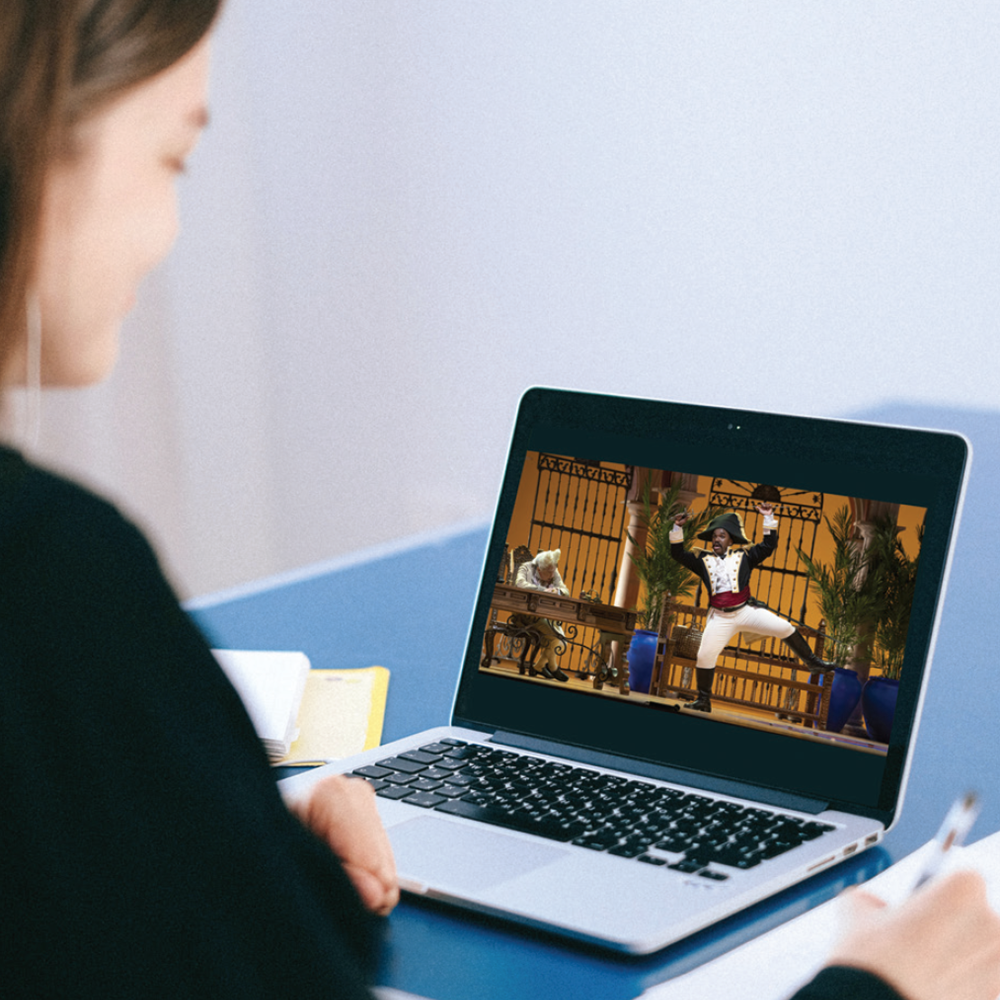Partnerships, Redefined
Opera-company education departments find new ways to support school systems.

Opera’s educators have long become accustomed to filling in the gaps in public-school music education. With cuts in public funding for music programs, opera-company education departments often provide students with an introduction to music that school systems cannot muster on their own. The COVID-19 pandemic has made the task of sustaining partnerships with public schools all the more challenging. Schools are restricting their premises to essential personnel. The schoolteachers themselves are grappling with questions about blending in-person and virtual learning and maintaining classroom safety while continuing to foster academic and social development.
The situation requires resourcefulness and diplomacy from the field’s education departments. More than ever, they have to work closely with their districts: listening, providing support, strategizing. “We can’t do what we think we can do best,” says Carleen Graham, director of HGOco, the community engagement arm of Houston Grand Opera. “We want to find out what teachers really need and provide that for them.”
The need to buttress public-school music education is increasingly pressing. Some companies have created new lesson plans that teachers can use at their discretion. Serving the Sacramento area, where pandemic-spawned budget cuts have eliminated some music education programs, the Sacramento Philharmonic & Opera has funneled its resources into providing basic music-literacy materials to elementary school teachers.
Many education departments have shifted their standard offerings to the digital realm, allowing them to continue their work even though they can’t send teaching artists to school premises. The process demands a new set of skills from teaching artists and administrators: In many cases, they’re called upon to act as video editors and graphic artists, as well as educators. The Atlanta Opera, for instance, now offers schools online masterclasses and conversations with artists and administrators. The company also has developed digital versions of its Introduction to Opera and Technical Theater courses.
These efforts are far more than stopgaps, according to Jessica Kiger, The Atlanta Opera’s director of community engagement and education, citing a recent Introduction to Opera Zoom session with the advanced choir at the Martha Ellen Stilwell School of the Arts. The lesson discussed different vocal types, using clips of Leontyne Price in Aida and Lawrence Brownlee in Il barbiere di Siviglia as examples.
“The power of what we’re teaching isn’t lost through a Wi-Fi signal,” Kiger says. “If anything, Zoom allows more room for exploration. Even with the potential pitfalls of technology, the discussions have been more robust.”
Boston Lyric Opera is seeking to strengthen its ties to area educations through its new Peer-Educator Learning Cohort program, meeting with a group of 13 schoolteachers who had previously taken part in the company’s professional development activities. The program focuses on using creative expression to build trust between teachers and students processing traumatic events. “It is as much about building community and a safe space among teachers, as about our session facilitators bringing content,” says Rebecca Kirk, BLO’s director of education programs.
“We’re digging into what it means for an arts organization to meet a
social need,” says Alejandra Valarino Boyer, director of programs and partnership at Seattle Opera. “And we do it by nature of what we do as educators and community builders.”
This article was published in the Fall 2020 issue of Opera America Magazine.

Harry Rose
Harry Rose has written reviews and essays for The Washington Post, The Huffington Post, the New York Observer.




